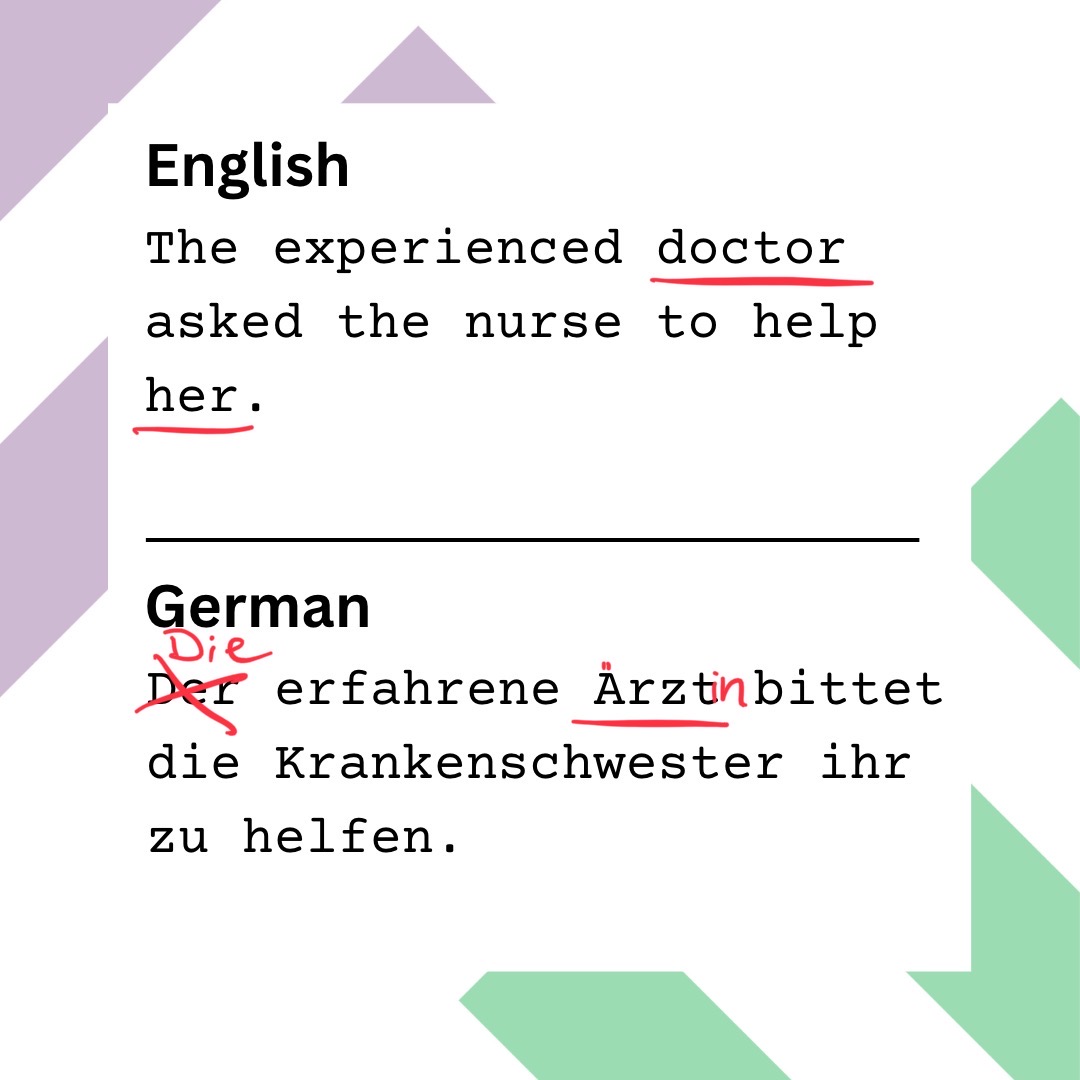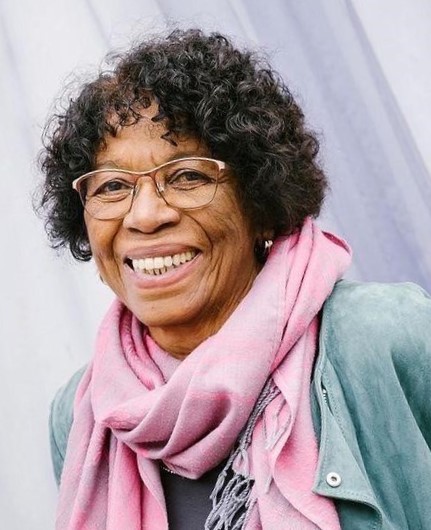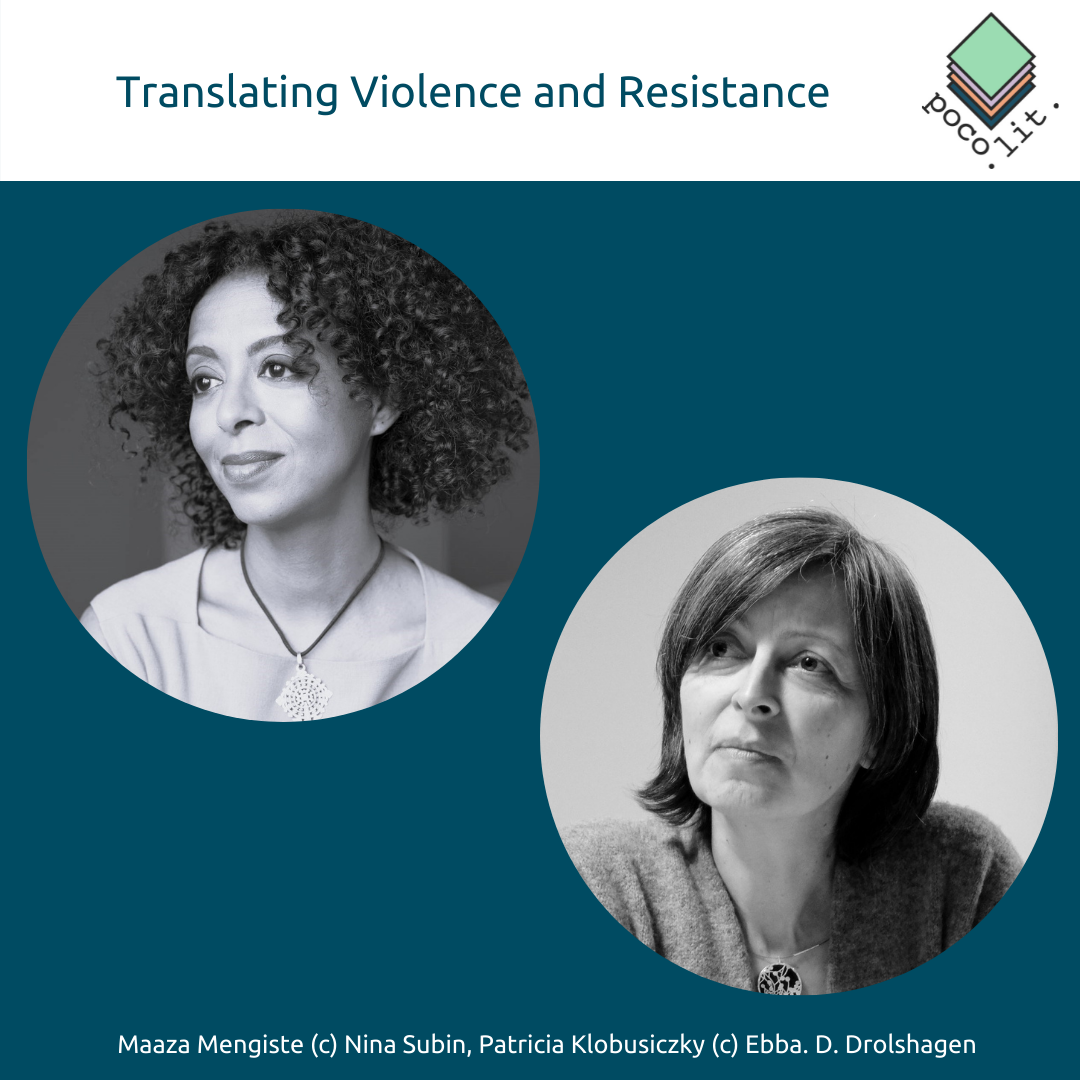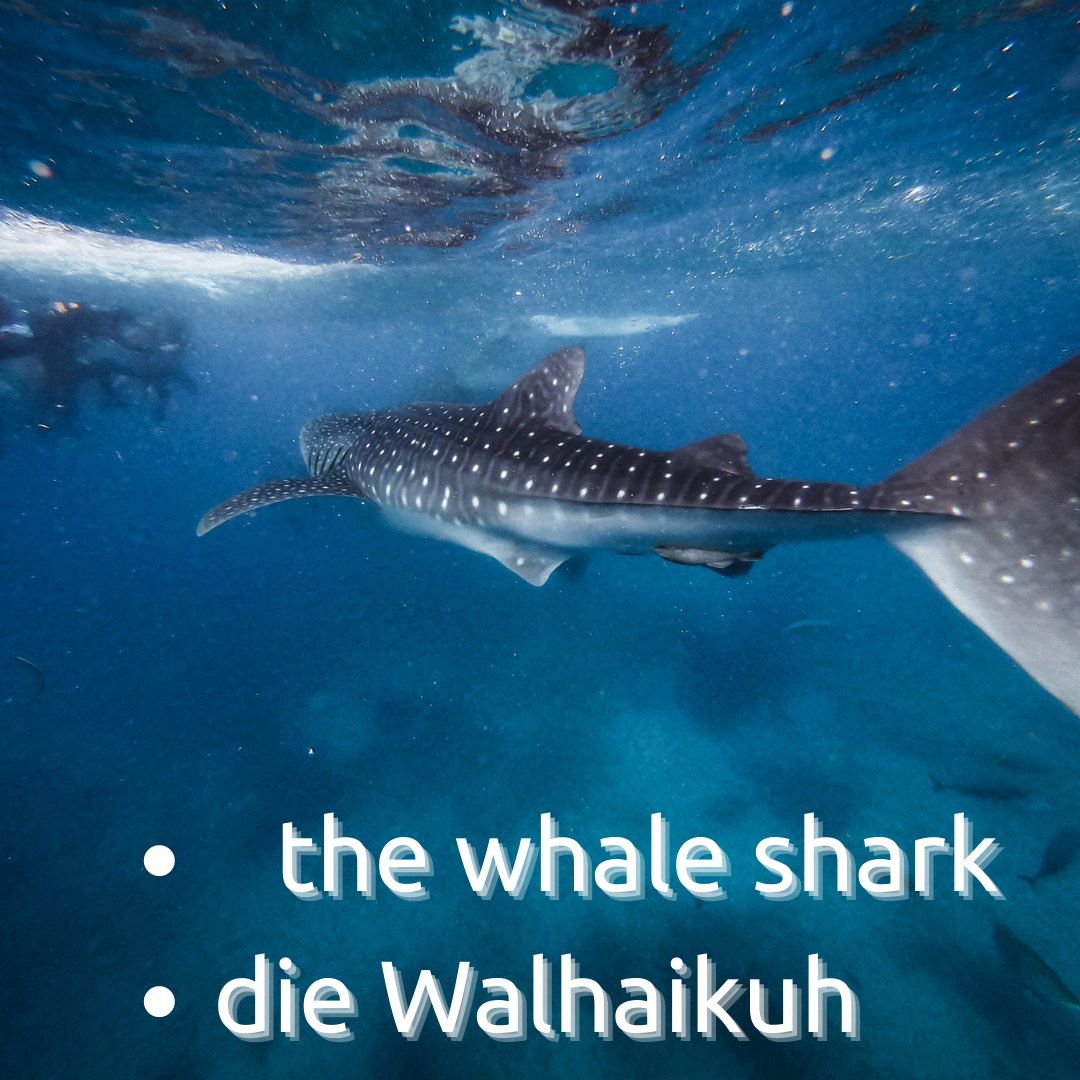Reading through various studies on gender bias in machine translation, I stumble across the sentence: The doctor asked the nurse to help her. It’s used in a study that tests how gender is translated from English into languages which, unlike English, have grammatical gender. This attribution is particularly relevant when it comes to terms that label people. In English, for example, doctor is gender-neutral, whereas in German one would traditionally have to choose between ‘Arzt’ or ‘Ärztin’, the former a male doctor, the latter female. Intrigued, I open one of the most popular translation engines to see what happens when I translate this sentence into German.
more...
We spoke with linguist Anna Islentyeva about her research on migration discourse in the contemporary British press. She explains how Brexit has affected the discourse around European migration and how the linguistic patterns used by conservative and left-liberal media differ, but also resemble each other.
more...
As part of our macht.sprache. project, we organized a workshop at the Literarisches Colloquium Berlin in early September 2022. This gave us the opportunity to speak with German and American studies scholar Marion Kraft about her translation work. We discussed Audre Lorde, linguistic changes, new translations and team translations.
more...
Join us for a conversation with Maaza Mengiste and Patricia Klobusiczky about languages of violence and resistance.
more...
In cooperation with the Goethe-Institutes in North-Western Europe, poco.lit. hosted an online discussion about disability and/in translation. Khairani Barokka and Amy Zayed shared valuable insights. This is an overview of the discussion spanning particular terms in relation to disability, pragmatic suggestions for translators and the connection between disability justice and anti-colonialism.
more...
Anyone who wants to do a quick translation is probably happy to fall back on technological aids once in a while: Google Translate, Linguee or DeepL are widely known by now. But machine translation can prevent linguistic progress or the successful establishment of non-discriminatory language. Translation programmes draw from already existing texts – and these are far from being free of discrimination. That’s why we’re excited that our macht.sprache. project will be able to develop an integration with existing translation websites to support gender-sensitive translation with the help of the Prototype Fund.
more...
As part of our macht.sprache. project, we’re seeking out input from various experts who deal with language, translation or artificial intelligence. With Maja Bogojević and Victoria Jeffries, the producers of the Instagram channel “Erklär mir mal…” (Explain it to me), we discuss the challenges in political work with language.
more...







